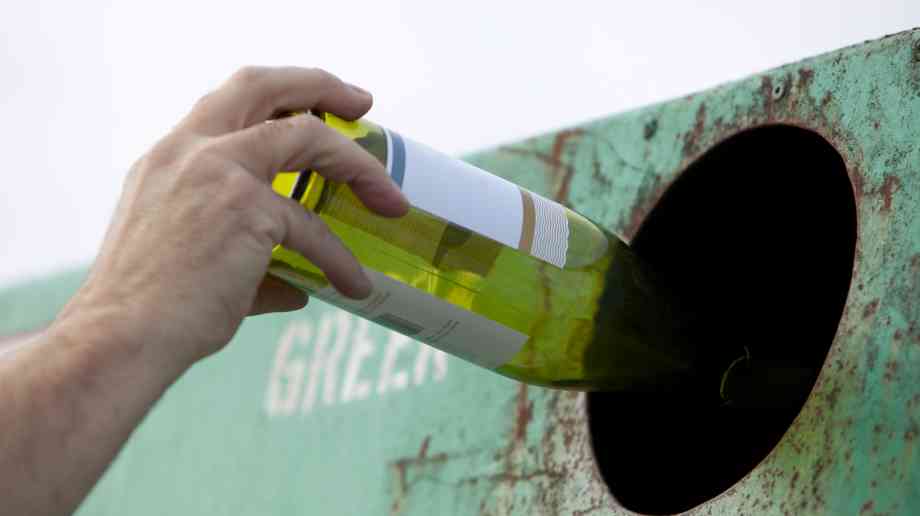Sue Robb of 4Children talks to Julie Laughton and Alison Britton from the Department for Education about the role of childminders in delivering the 30 hours free entitlement.
300 per cent rise in reported fly-tipping in rural communities

The Universities of Southampton and Portsmouth have revealed that there has been a 300 per cent increase in reported fly-tipping in rural communities.
Nearly half of all local authority recycling services in the country have stopped or reduced since the lockdown was introduced, coinciding with a large increase in home clearances and DIY projects. Now, following their findings, the universities warn that unless people are able and prepared to store recyclable waste safely at home, it is very likely to get sent to landfill or incinerated, increasing its environmental impact.
The waste generated is also likely to be seen in unwanted goods, with charity shops closed, and food waste, with disrupted supply chains and import restrictions likely to increase the levels of food loss. The researchers also note that the £1.9 billion worth of groceries that were panic-bought and stockpiled at the start of the crisis is likely to have seen more food being thrown straight into the bin.
The analysis highlights the need to move away from a ‘linear economy’, where products are disposed of at the end of their lives, to a ‘circular economy’ where all waste is recovered and returned to manufacturers as a resource.
Ian Williams, of the School of Engineering at the University of Southampton said: “This pandemic has been a wakeup call to governments and the waste sector to ensure that supply chains and markets for recyclates are diverse and resilient. Our current waste management system will need to evolve to be resilient to the impacts of these rare, extreme global events to create a successful circular economy.
“Reducing single-use packaging, introducing more deposit return schemes and compostable alternatives, and applying novel systems to enable better outcomes would keep resources in the system for longer. For example, alternative ways to reuse delivery packaging in a safe, hygienic way rather than recycling it would reduce dependence on cardboard.”
“Ultimately, more investment in waste management will be needed in as the value of recycled resources increases. We should use the economic stimulus packages that will come after this pandemic to invest in these technologies and systems, building a more diverse and resilient circular economy.”
Company Focus
Located in Bromley, Japanese Knotweed Eradication Ltd has been providing solutions in the treatment and removal of Japanese Knotweed (Fallopia Japonica) for over a decade. During this time we have mastered a repertoire of methods, from herbicidal treatments to landscaping solutions, tailored to address the unique challenges our clients face with this pervasive weed.
Event Diary
UKREiiF has quickly become a must-attend in the industry calendar for Government departments and local authorities.
The multi-award-winning UK Construction Week (UKCW), is the UK’s biggest trade event for the built environment that connects the whole supply chain to be the catalyst for growth and positive change in the industry.
Supplier Profiles
Geo Energy
At GeoEnergy Design, we're on a mission to disrupt the traditional way heating and cooling ha
Latest Features
Professor Harith Alani, director of the Knowledge Management Institute at the Open University explains how AI can be used for good and bad.
Alex Lawrence, head of health & social care, techUK sets out techUK’s Five Point Plan for CareTech.

















